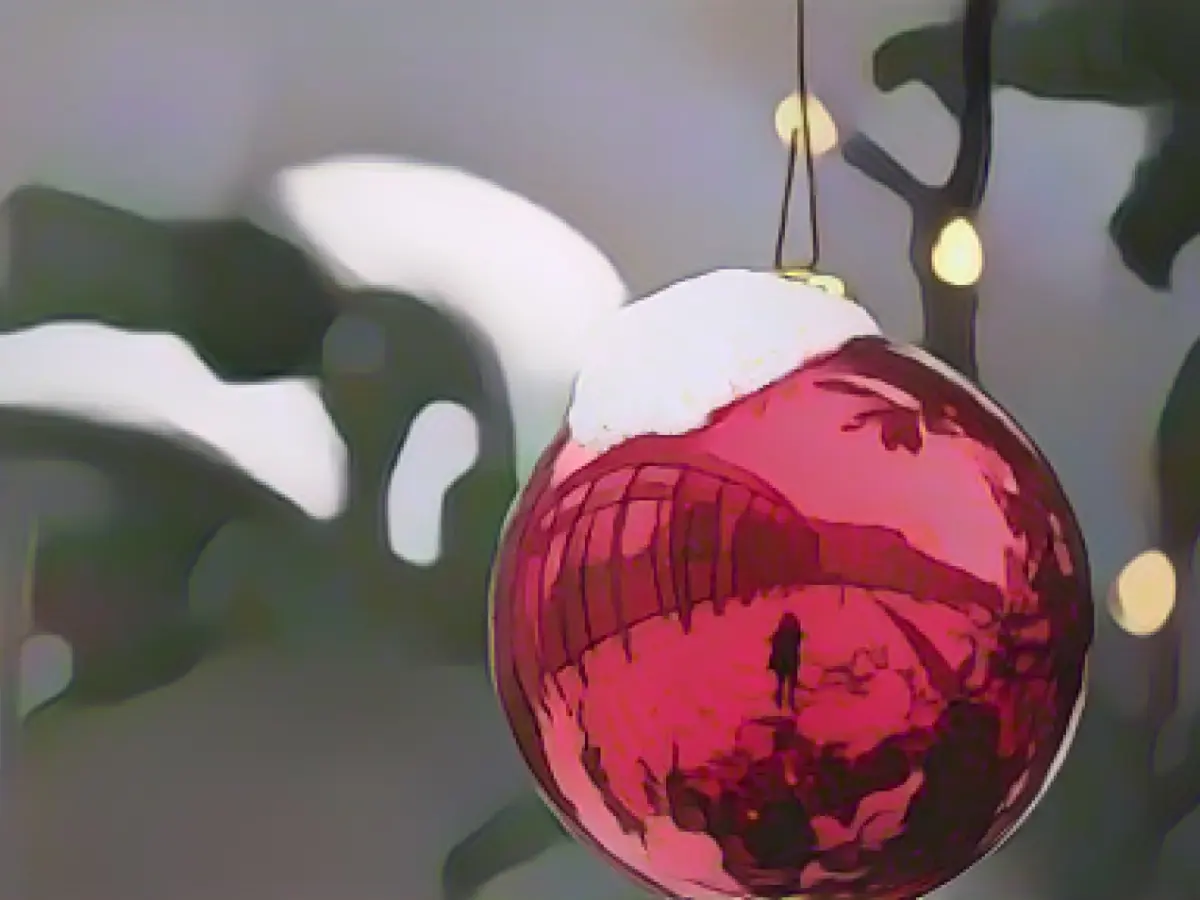This year, predicting a white Christmas in Germany is as challenging as ever. While many people dream of a snow-covered landscape for the festive season, a tranquil blanket of snow signifying reflection, white Christmases were an exception in the country even before climate change.
The claim that there will never be another white Christmas in Germany is unlikely, but the chances are steadily decreasing. Older generations often romanticize the past, recalling that there used to always be snow at Christmas. But is that true?
The German Weather Service (DWD) defines a white Christmas as having at least one centimeter of snow measured at a weather station on one of the three Christmas days. Creating a white Christmas in Germany requires a careful mix of enough cold and moisture to survive the dry and often dry air coming from the north or north-east. Milder air from the west usually brings moisture, but not usually snow.
Regional differences significantly impact the likelihood of experiencing a white Christmas in Germany. The higher you live, the more likely it will be to see snow during the holiday season. However, even in the alps, there isn't always enough snow. In fact, in some years, such as 2022, it wasn't even enough for a white Christmas.
If you want to avoid snow during the festive season, heading to the coast would be your best bet. The North Sea and Baltic Sea still retain heat from the summer in December, keeping the coast milder.
Does Grandpa have it right? Did Christmas used to be white more often? The chance of a white Christmas in Germany's lowlands has never been particularly high, but it was certainly higher in Grandpa's youth than it is now. An analysis of the National Meteorological Service's climate archive shows that the probability of a snow cover on all three Christmas days has decreased by more than 50 percent since 1961-1990 to 1991-2020.
Since 1960, there have only been four times when a widespread white Christmas occurred in Germany – before 2010 in 1962, 1969, and 1981. When will White Christmas return? While it is difficult to predict, the DWD expert Friedrich explains that it can only be predicted fairly reliably "at most one week before Christmas."
Overall, climate change is affecting the chances of a white Christmas in Germany. Climate researcher Valeri Goldberg from TU Dresden notes that the period since 2010 has been the longest continuous period of years with green Christmas holidays since weather records began.
As warmer winters are projected for Central Europe by the end of the 21st century, it can be assumed that white Christmases will become increasingly rare events in the future, especially in the lowlands.
References: -
[2] Climate change has caused a decrease in snow cover days throughout the winter season in Austria, making white Christmases increasingly rare. (Climate Researcher, TU Dresden)








